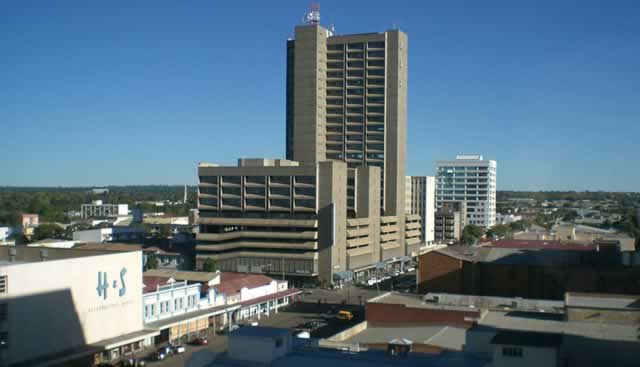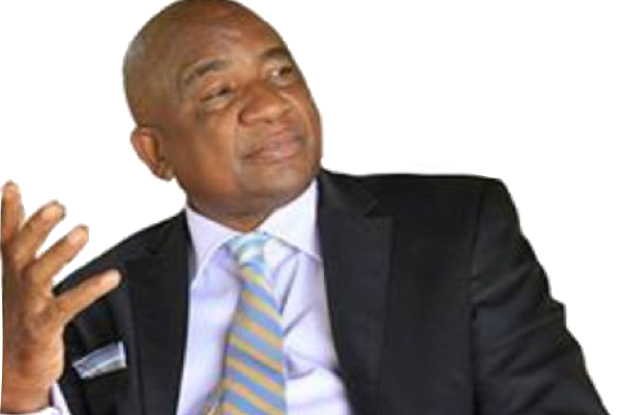NRZ mulls foreign assets disposal

Oliver Kazunga, Senior Business Reporter
THE National Railways of Zimbabwe (NRZ) is “carefully” considering disposing of its foreign assets so as to raise working capital but says it would not be rushed into doing so.
Newly elected board chairman Larry Mavhima confirmed the troubled parastatal has strategic assets jointly owned with railway companies of South Africa and Zambia. These include diamond, gold and manganese mining claims under a firm called Pan African Minerals Development Company.
Outside Africa, NRZ also has properties in the United Kingdom, which were owned by the Rhodesian Railways Pension Fund.
Recently, the Ministry of Transport and Infrastructural Development received communication from a legal firm in the United Kingdom asking why the government cannot dispose of the properties as most of the pensioners have passed on.
Mavhima said the parastatal could not just rush to dispose of the foreign assets without determining their actual value.
“Disposing of NRZ foreign assets is something that we’ll consider doing carefully as part and parcel of our disposal plan,” he told Business Chronicle.
“Of course, the disposal of the non-core assets could be one of those solutions to re-capitalise NRZ, but at the same time we can’t do it hurriedly as there’s need for us to determine the actual value of those assets.”
Mavhima said NRZ board and management require time to evaluate the actual value of the foreign assets.
The troubled parastatal is operating below capacity having lost its traditional clients following the demise of industry, which relied on its bulk transportation services.
As efforts to revamp the firm are being looked into, Mavhima said various recapitalisation initiatives would be considered hence the need to appoint a financial transaction advisor.
NRZ is saddled with a $144 million legacy debt with the workers owed about $68 million.
About 6,000 NRZ employees have gone on strike to press their employer to pay them 15-month outstanding salaries.
“The strike has grossly affected our operations and this month we’re going to have serious challenges as far as meeting our obligation of paying the workers,” he said.
“We’ve been patiently pleading with the workers to return to work but they’re adamant. And there shall come a time through the courts, we’ll say, if you don’t want to work get away from our premises.”
Asked to ascertain the value of money NRZ has so far lost due to the industrial action, he said it is difficult for them to quantify taking into account that the parastatal is operating at low capacity.
In 2015, the volume of goods NRZ moved tumbled to 2,8 million tonnes from 3,5 million in 2014 on the back of increased challenges besetting the parastatal.
At its peak in 1998, NRZ moved over 18 million tonnes of freight.
The railway company is facing challenges such as ageing infrastructure and equipment which has surpassed its design span, vandalism, huge debt and lack of cheap lines of credit for retooling.
The falling commodity prices on the global market also affected the company’s key customers, notably those in the coal and chrome industries, resulting in a sharp drop in the business enjoyed by NRZ.







Comments